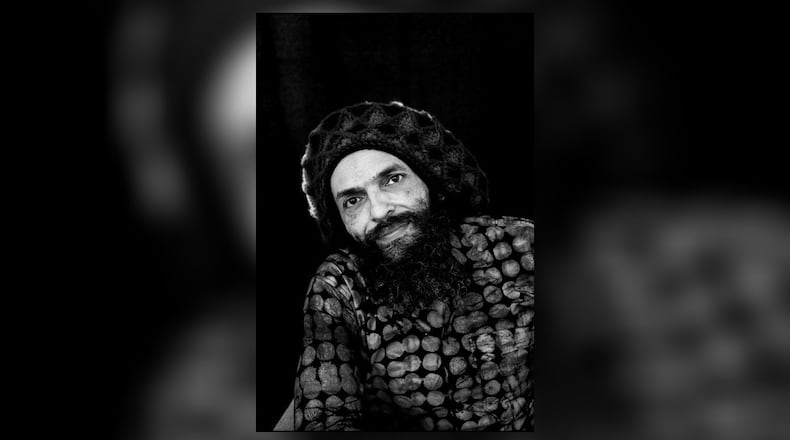Now that President Biden has officially made Juneteenth a federal holiday, what steps or structures need to be put in place now to ensure the integrity and Black leadership of the holiday as its familiarity grows? I ask this because if we don’t set the patterns and tone now, building off the foundation that our ancestors laid, 50 years later we could end up with a celebration devoid of the original intention of celebrating Black freedom the institution of slavery.
» Honoring our past by taking action today for Juneteenth
» Seeking a location for change in West Dayton
Juneteenth is the first federalized historically Black holiday, which is a huge milestone for the United States. How do we ensure it benefits the Black community? I ask this because we are already witnessing the commercialization of the holiday since its federal recognition.
From Juneteenth ice cream, Juneteenth watermelon salad, shirts, hats and a multitude of signage, we see how there is an influx of money into the holiday. But who is benefitting? Are we practicing self-determination by mandating local Black businesses do the printing or are engaged in all money-making ventures connected to Juneteenth, or are we just going to let more resourced populations in our community leverage this day to line their pockets without any commitment towards the Black community?
Without some sort of standard and intentional protocol we will easily witness the larger co-opting of the holiday as we have experienced with Kwanzaa.
At long last there is a systemic acknowledgment of the atrocities of the institution of slavery along with the opening of space for dialogue about the role slavery played in the national economy that enabled it to become a global economic superpower. Since we already celebrated the holiday, how do we ensure holiday isn’t used as a pressure release valve, without any concrete commitment to systemic change that sustains the two Americas?
After George Floyd, protestors were not fighting for a holiday, they were fighting for the acknowledgment of their human dignity and improvements in their day-to-day lives. How do we ensure that the holiday doesn’t pacify or placate us into settling for second-class citizenship?
Black and Brown folk have earned the right for full equality and for their dignity to be acknowledged in every structure in this country. In Australia, after years of subjugating the Aborigine community, there was a grassroots movement that emerged called Sorry Day, that eventually became a national holiday. Sorry Day became an institutionalized way to have the honest conversations about the past harms the Aborigine community experienced. It serves as a way to heal wounds while co-creating a shared future with all its citizens.
The United States now has two national freedom celebrations less than a month apart that create an interesting context to explore the role race has played in U.S. history in regards to the experience of the Native American, Black and Asian communities as we weave a new shared story.
Locally, with the rise in awareness and popularity of the holiday, we are seeing a large influx of events and celebrations across the region. What can we do to increase our communication and cooperation so we don’t end up with a lot of splintered events without some underlying foundation to emerge practical community development?
How can we create a pattern for action steps to be taken throughout the year to materially work towards Black liberation and embedding human dignity for all while making sure Juneteenth is utilized as a way to celebrate our successes and reflect on what action steps are needed to further realize the promissory note that all humans are created equal?
Amaha Sellassie is co-executive director of CO-OP Dayton, public sociologist and associate professor of sociology Sinclair Community College
About the Author
